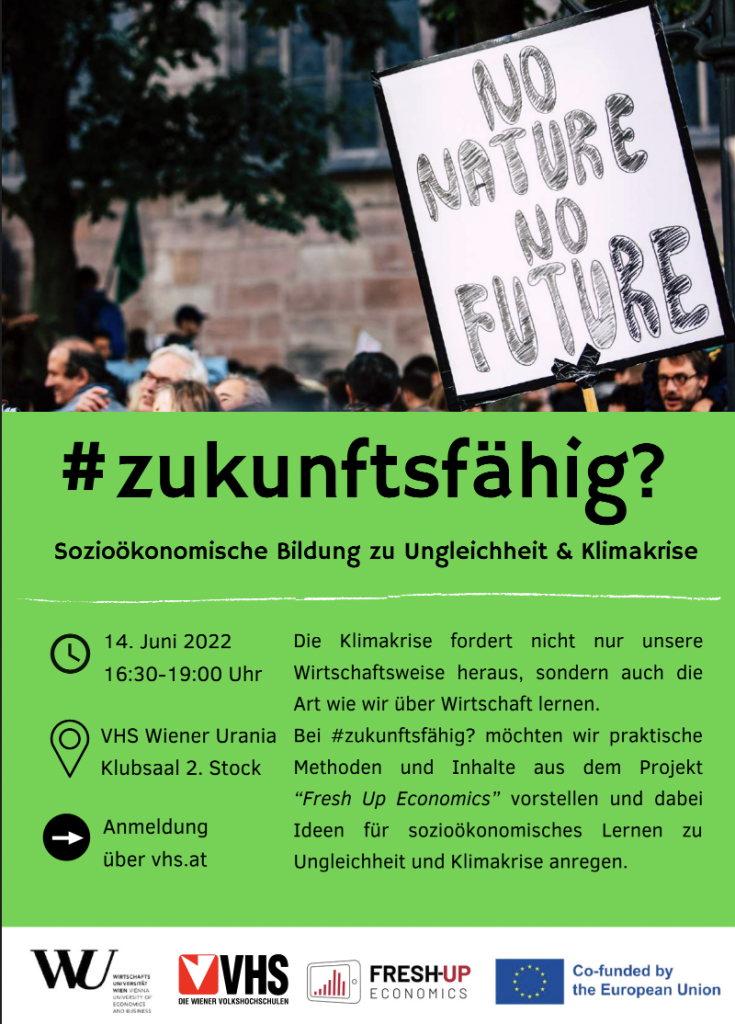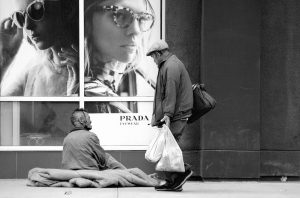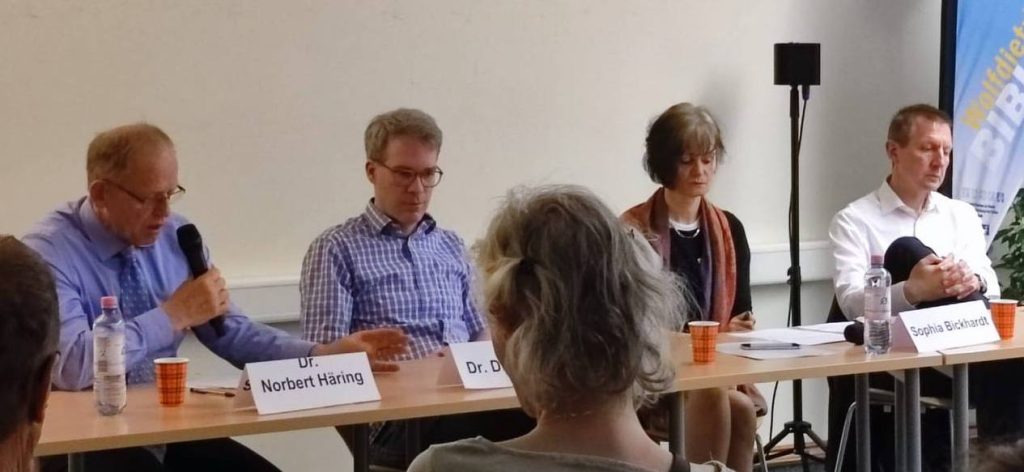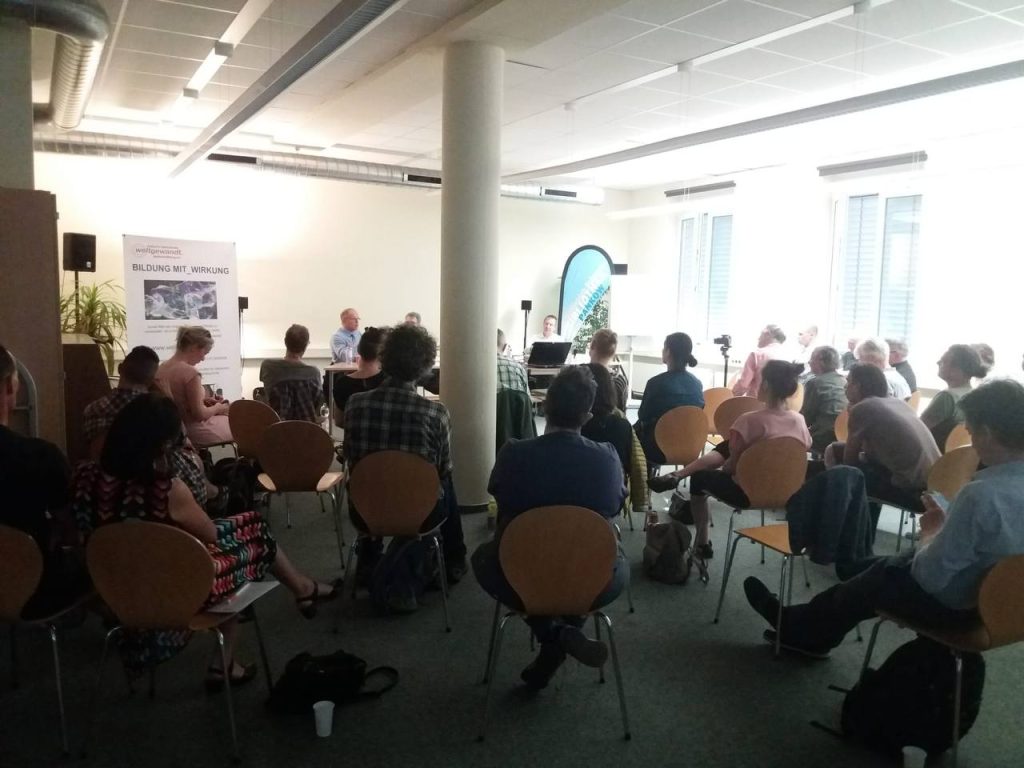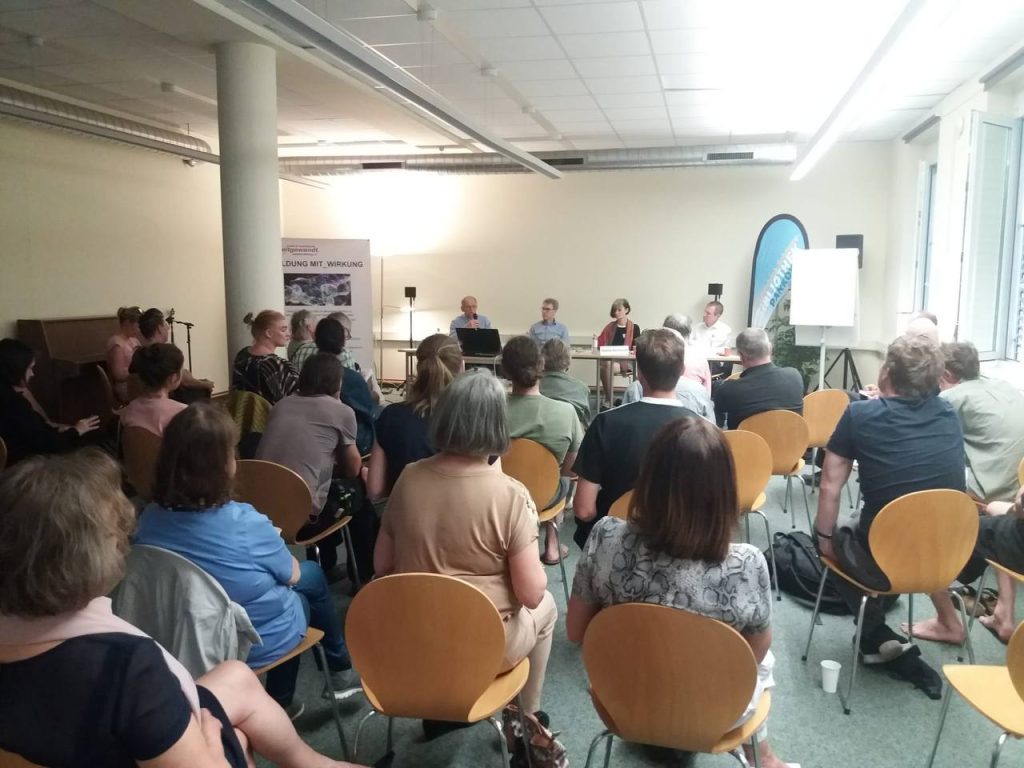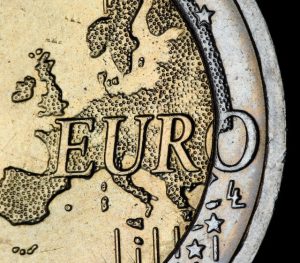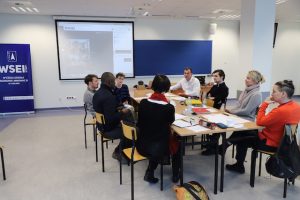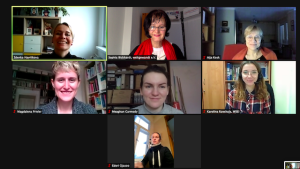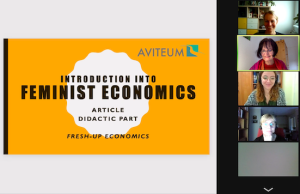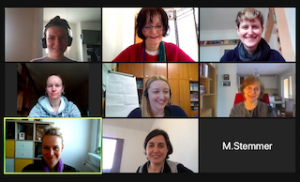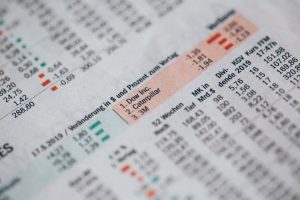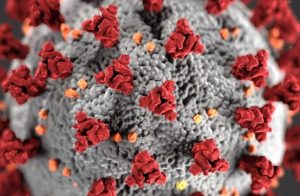#fitforfuture?
Socio-economic education on inequality and the climate crisis
Under this title, the Vienna University of Economics and Business invited to a public event at the Volkshochschule Wiener Urania on 14th June 2022 to introduce the learning platform to a wider public and to practise socio-economic education. Reference was given to the observation that the climate crisis challenges not only the way societies shape their economies, but also what and how we learn about the economies.
Thanks to the cooperation with the Adult Education Centre, adult educators, one of the target groups, were also present. They could get into the topic by getting to know the method of “economic speed dating” right at the beginning. What is behind this? Quite simple: When music is played, the participants move around the room (regardless of the number of participants). When the music stops, they start a conversation with the person standing next to them. The trainer asks the questions.
This interactive prelude was followed by a thematic impulse on “Sustainable Economies” and later on by two exercises, which in turn invited event visitors to “learning by participating”: One was a discussion on possible measures to reduce social and environmental inequality. The other involved “freewriting” about facets of a sustainable society. By this, the focus was not only on analysing problem areas. Ideas were also asked for and thus acknowledging that overcoming all the challenges is a (learning) task for society as a whole. Thus attuned to thinking about socio-economic issues, the learning platform was presented to the audience as the “culmination” of the evening.
Over snacks and drinks, the participants continued their discussions in smaller groups.
